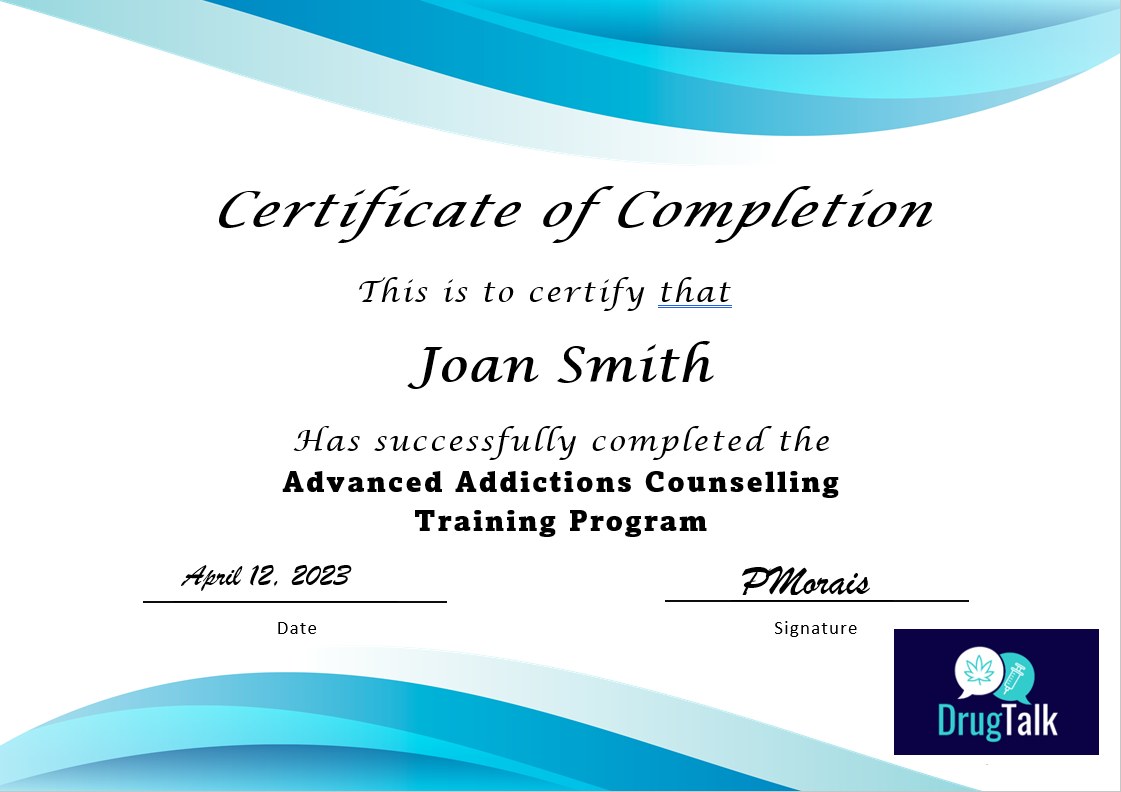COURSE SYNOPSIS
In this course, students will gain comprehensive insights into the subtle and powerful ways addiction corrupts people's thoughts and their relationship to their feelings. Based on proven Cognitive Behavioral principles, this model of explaining addiction will greatly enhance your understanding of addiction and your effectiveness in working with clients who have addiction issues. One of the best skills a counsellor can have is the ability to guide clients through the complex labyrinth of recovery, beginning with a thorough understanding of both addiction and recovery. Two of the biggest strengths of this model are 1) it is simple and 2) hard to deny. Using the analogy of an iceberg, clients will quickly and easily understand the powerful forces that have fueled their addictive behavior and readily comprehend what they need to do to recover.
Also discussed in this course are the phases of recovery. Clearly understanding that recovery is a lengthy process which goes far beyond the initial step of just quitting an addiction is hugely important. Many people attempting to overcome an addiction have failed because they lacked an understanding of what the process of recovery entails. Together these two modules will greatly enhance your capacity to properly prepare your clients for the journey of recovery.
Each Course Includes
Downloadable Pdf's

video tutorials

Online videos are included with every course. Some courses include more than one video.
quizzes

Quizzes designed to test your understanding
2
Learning Objectives For This Course
At the end of this course, participants will:
- Understand the psychological forces that control addictive behavior.
- Grasp how addicts have a dysfunctional relationship to their feelings.
- Appreciate how a person’s beliefs and perceptions get corrupted in addiction.
- Understand how the “unconscious” is formed in children and how that can contribute to addiction.
- Discern why addicts must reshape their relationship to their feelings and use them to guide them back to health.
- List the phases of recovery and describe the characteristics of each phase.
- Gain a comprehensive understanding of how an addict’s need for “quick fixes” and “instant gratification” must be addressed and countered.
- Define what real recovery from addiction is and why counselling or treatment is never a cure for it.
- Understand the difference between “Harm Reduction” and “Abstinence” and see why only abstinence can lead to full recovery.
- Recognize how long it takes for a person to recover from addiction.

Additional Details...
Schedule
The course is pre-recorded and delivered online allowing you to start and finish according to your own schedule.
Flexible Program
Take only one course or register for a complete program. We have a full curriculum of great courses to choose from. Pick one or take them all! The choice is yours.
Great Resources
All courses include a video which can be purchased as a resource for your clinic or practice. Check out our great selection of powerful videos to bulk up your library of resources.
Sample of course material
The Iceberg of Addiction
Addiction can be compared to an iceberg. The part above the water is comprised of the aspects of addiction that we are consciously aware of and easily able to see. Those mostly encompass the behaviors of addiction. The parts underneath the surface of the water are like the unconscious forces that control addiction. Those are made up of thoughts and feelings.
When it comes to recovery from addiction, most people think all they need to do is to knock off the top part of their iceberg, which means stopping the behaviors of addiction– quit drinking, going to the bar, using drugs, etc. Unfortunately doing that only deals with part of the problem, leaving 2/3 of it still intact. Anyone who attempts recovery by simply changing their behaviors and does not address how their thoughts and feelings have contributed to their addiction is doomed to fail because they are not dealing with the forces that have controlled their behavior.
One of the key points to understand is that our thoughts, which are often influenced by our feelings, control almost everything we do. Unfortunately, most addicts fail to realize that in order to recover from addiction they will need to focus most of their efforts on changing how they cope with their feelings and reshaping the beliefs, values and perceptions that have controlled their addictive behaviors. Indeed, it is hard to imagine one single thing anyone does on any given day that is not entirely controlled by the beliefs and experiences acquired over their lifetime. Once addicts realize that almost all behaviors are controlled by their feelings and beliefs, it is easy to help them see that in order to recover from addiction, they will have to do much more than just quit using.
It is important to appreciate the power of the unconscious on everyday behaviors. One of the ways to explain how these subconscious forces are formed comes from Developmental Psychology. From birth to the age of about eight years, children are basically learning the foundation of what they need to understand how the world works. Once they reach the age of eight their cognitive capacity takes a leap forward and they move into classifying experiences according to the knowledge that was acquired up until then. From that point, they have a foundational understanding of how the world works, what is appropriate behavior, what isn’t, what to do in social circumstances, what not to do, etc. Now they don’t spend as much time figuring out these things as much as they simply make a quick judgment referencing situations they’ve encountered before, classifying them and making a very quick determination about how to respond to them. In other words, their decision-making process becomes a subconscious process, whereas before the age of eight, they would have thought a long time about how to respond to various circumstances.
Children learn many thousands of things by the time they are eight years old that can predispose them to addiction. What children have learned...
Take this course individually or as part of our
Advanced Addiction Training Program



